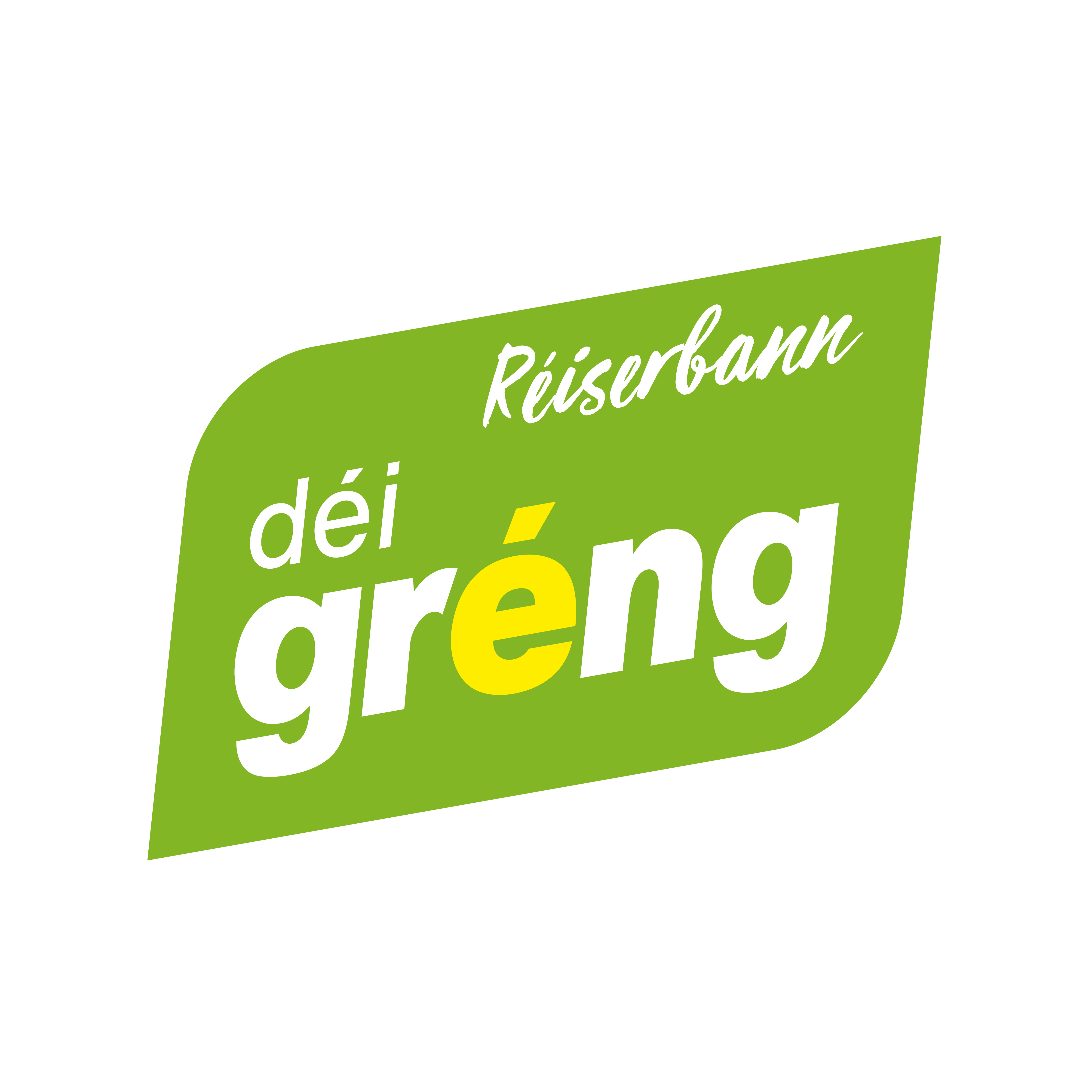Our section
Your green representatives at local council and the advisory comittees of ROESER
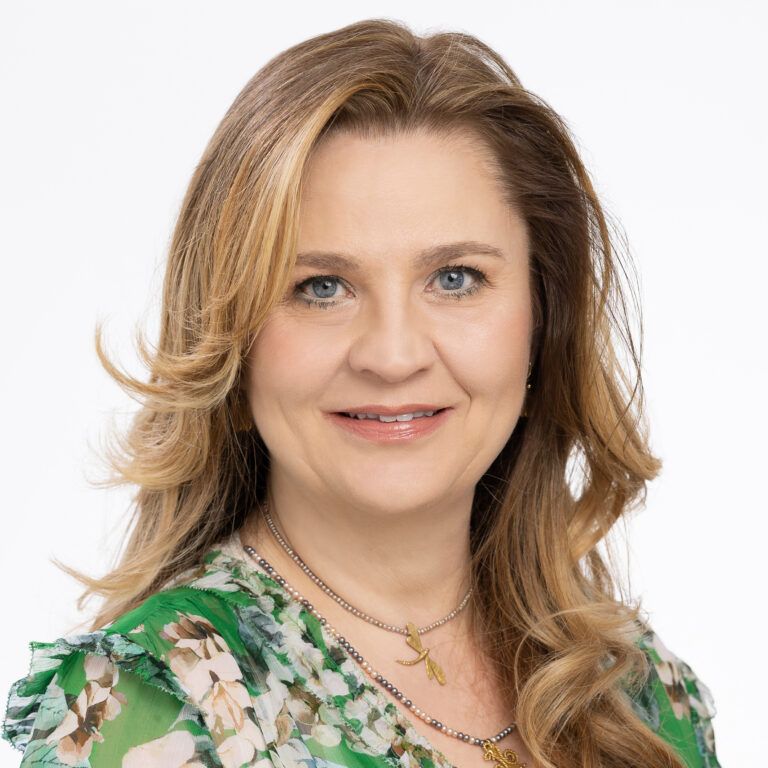
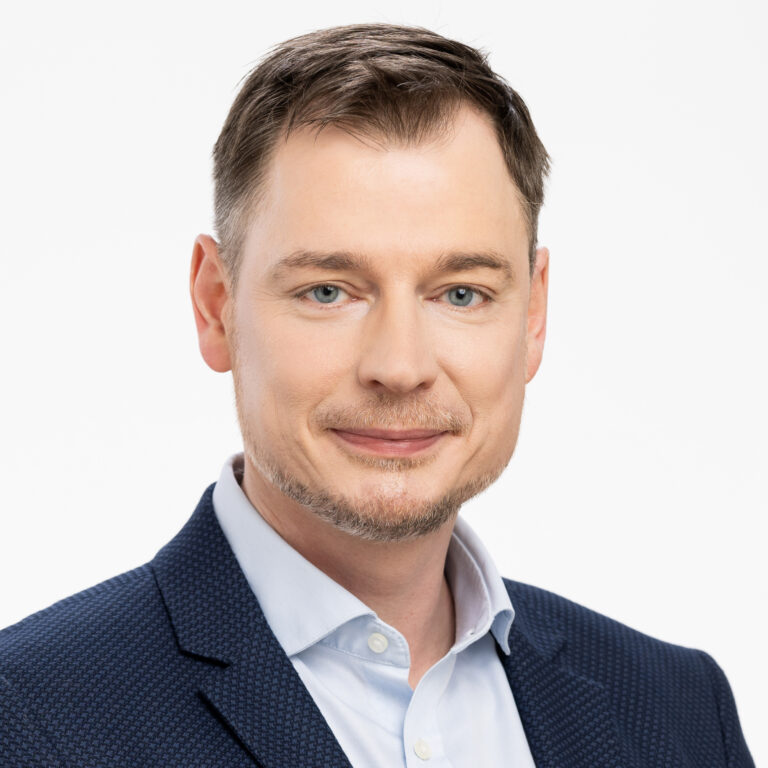
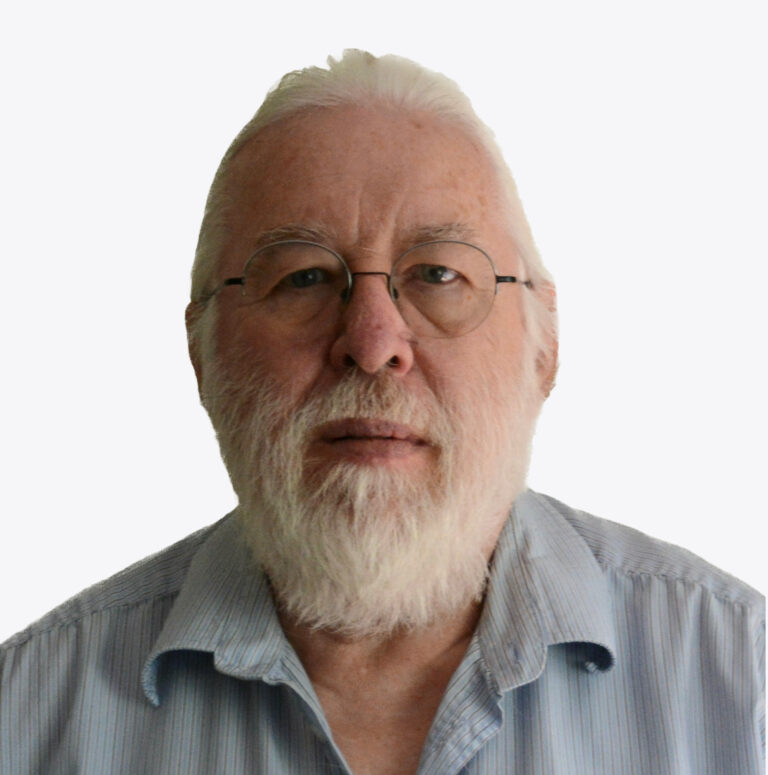

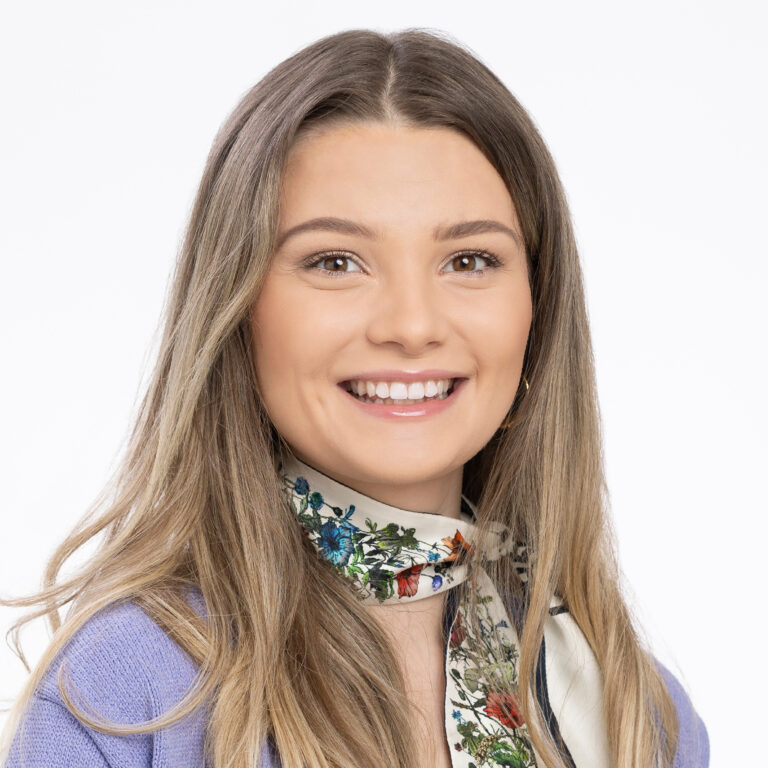

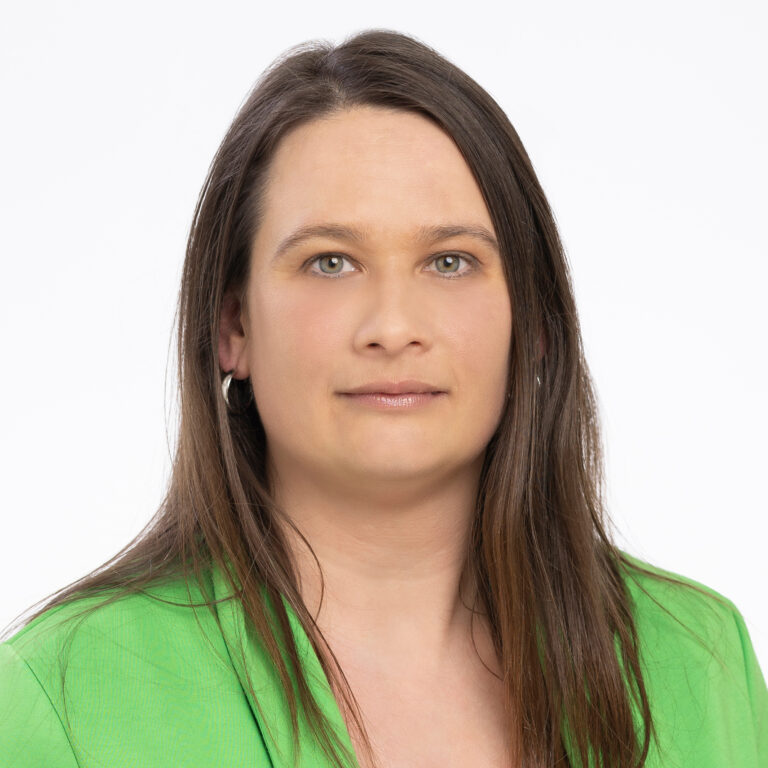

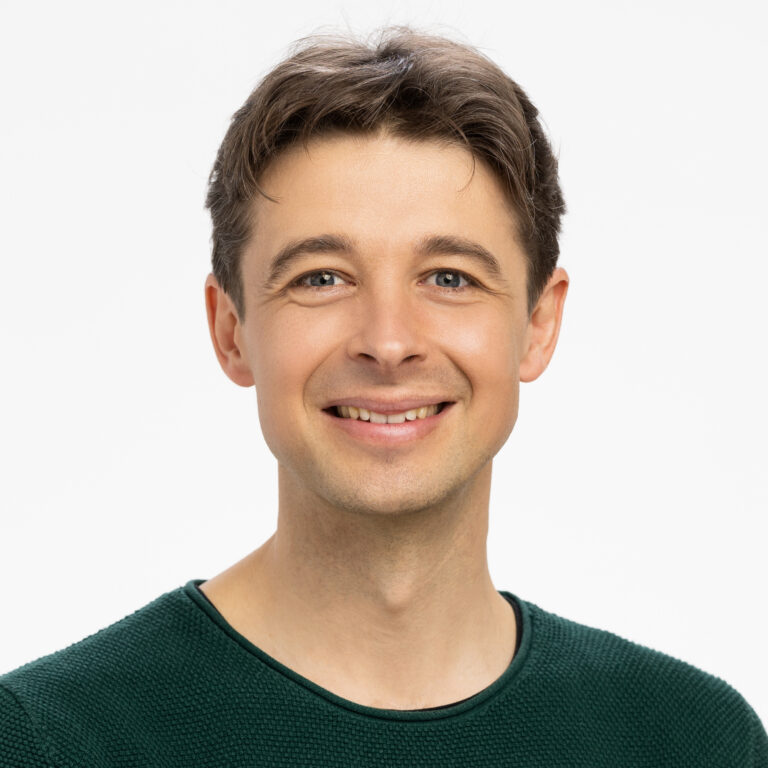
Our work over the period 2017-2023
Over the past six years, our local section has provided constructive and ongoing opposition work within the local council and advisory committees.
In October 2022, for example, we proposed to the municipal and aldermen’s councils that they become directly active, to inform non-Luxembourg citizens that from this year onwards it will be easier to take part in municipal elections. The aim is to motivate non-Luxembourg citizens to register to vote, particularly when they register in our municipality. Although the mayor immediately approved our motivation, the proposal was postponed until December so that we could ask the Integration Commission for an opinion. We were very disappointed when our proposal was finally put to the vote without an opinion from the Integration Commission, and was rejected without any constructive proposals for amendments.
An example where we disagreed with the majority was the project for a new school campus in Berchem/Bivange, which we did not support in 2017 and 2018. Our criticisms (e.g. the lack of an architectural competition, the fact that the buildings are not adapted to the needs of the pupils) unfortunately proved us right in the case of the school.
Following our criticisms of the school project in Berchem, the college of the aldermen decided to launch an architectural competition for the “Bei der aler Schoul” project in Peppange so as not to “spoil” the historic structure of the village. In our view, this modern building project not only meets high architectural and town-planning standards, but also important social and ecological aspects. The old school building (1953) will not be demolished like the one in Berchem, but renovated and integrated into the project as a valuable heritage asset.
This year we disagreed with the budget and voted against it. Thanks to the increase in tax revenues and the state grant, the financial situation of the municipality of Roeser is not (yet) dramatic. The additional costs of the crisis are clearly being felt by the municipality, and other effects will follow in 2023 and 2024. The 2023 budget therefore provides for the largest borrowing in a long time. Thanks to the good level of revenue, the level of debt is currently acceptable, but if the economy were to collapse, the situation could change rapidly. The mayor also said that the next majority would probably have to scale down its ambitions. This majority has invested heavily in stone and concrete. The next majority will have a much harder time in terms of financial room for manoeuvre.
We welcome the maintenance measures for public buildings and the fact that ecological and sustainable aspects are being respected! However, it is regrettable that the new school campus in Berchem/Bivange will cost over 30% more.
The municipality is investing heavily in social housing. This gives less well-off households a helping hand, but it’s often not enough; they also need social support, for example for childcare. For example, the précoce is not working optimally. The classes of 20 children are too big, and the children at the précoce are not allowed to take the bus, even though this is possible in other municipalities. As a result, children and parents are getting used to travelling to school by car. Children at précoce can’t go to the maison relais either. This is a social injustice, as they would otherwise have the opportunity to learn Luxembourgish at an early age.
During this budget presentation, the mayor clearly and explicitly mentioned the issue of energy and climate change for the first time. As a green party, we are convinced that it is absolutely necessary to save energy, promote renewable energies and soft mobility in order to preserve the environment, limit climate change and guarantee a liveable future. That’s why we are dissatisfied with the vision, the priority setting and the speed with which the majority is tackling the objectives of environmental and climate protection.
Too late, too little, too slow and not coherent enough – that sums up our assessment of the Council of Aldermen in the areas of environment, climate and energy. As far as cycle paths are concerned, a coherent concept is still lacking. There are isolated solutions where pushchairs, dogs, pedestrians and cyclists have to share the space, or bikes and cars. Connections within localities, between localities and with neighbouring communes are still unsatisfactory.
We’re not saying that nothing has been done, but we lack a clear line and well-defined priorities. And, as has already been said in recent years, this is certainly not only due to political differences, but also to a lack of know-how and staff resources. We are therefore delighted that the majority has finally accepted our proposal – which has been on the table for several years – to strengthen the Commune’s environment department by 2023. However, the question is why is this urgent measure only being addressed now, at the end of the term of office, with the 6th and final draft annual budget?






